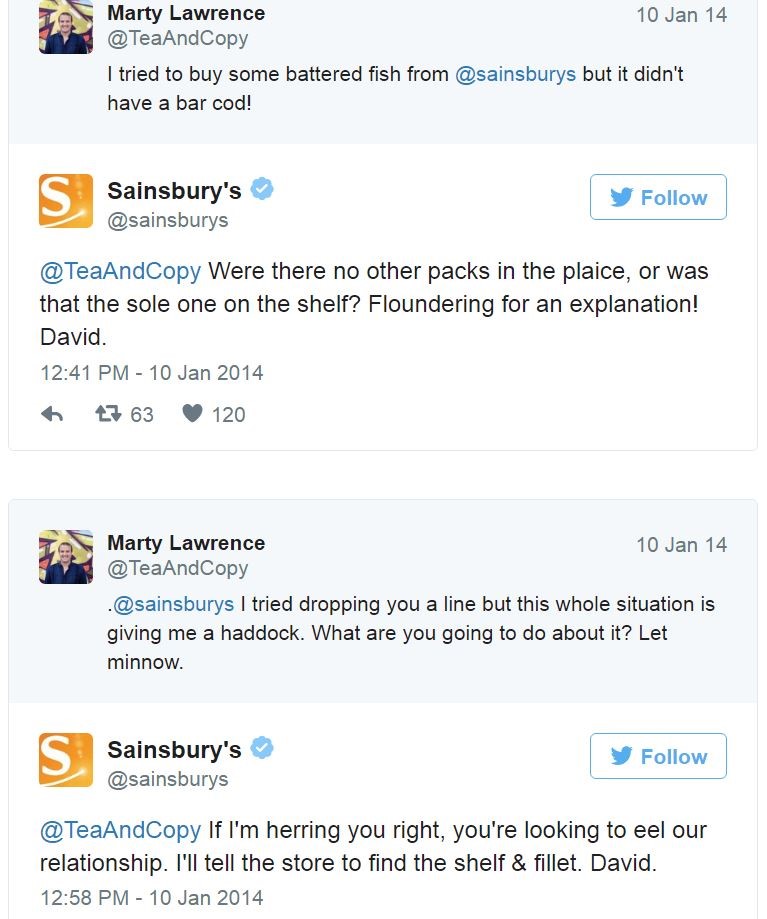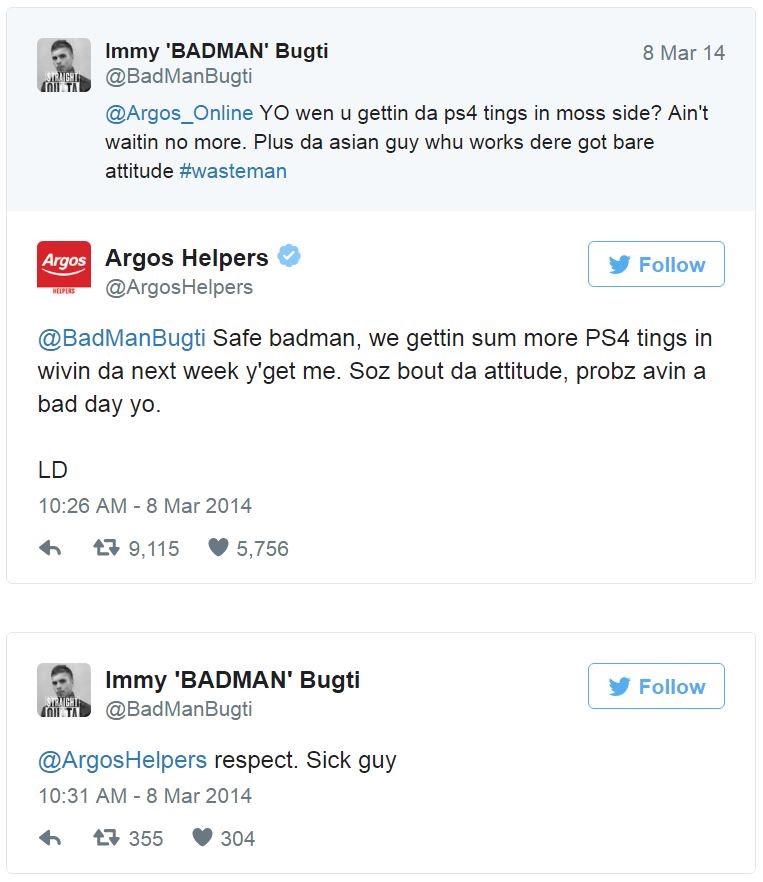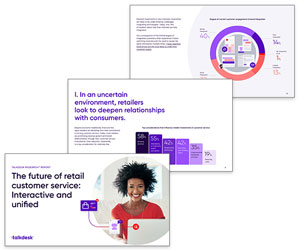In the past century, somewhere along the line, someone decided that business success could only be achieved through dedication to professionalism, and this was defined by being serious about business. Think corporate suit where everything is serious: serious about quality, serious about service and serious about customers. And then we wonder why customers are frustrated and bored to tears. With everything being so serious, the element of being human gets lost and that’s a sad day indeed for business.
Fortunately, there are those that buck the trend, refuse to follow the “stuffy business rules” and take a more light-hearted approach to business (and life in general). And did their customers banish them to the deepest dungeons to do penance? No, customers love them, and their businesses have flourished. So why are we so scared to use humour in our interactions with customers?
Once bitten, twice shy.
Admittedly, if used inappropriately, humour can backfire in a big way. Anything that is remotely connected to gender, age or race, or insults a person’s intelligence or sexual orientation is a minefield. It hasn’t stopped thousands of jokes being formulated, but they are wholly inappropriate for use in business. People are sensitive about these issues and often for good reason. Companies and individuals that insensitively joke in this way probably deserve the public lashing they are likely to get.
Before attempting to inject humour in a conversation, especially if it relates to responsive customer service, there are a few simple things to consider:
- What customer service channel is being used and who else besides the customer will see or hear about the interaction?

Humour is often best conveyed in writing, and it is no surprise that Live Chat and Twitter are often the platforms where humorous customerservice interactions occur. While Live Chat is generally one-on-one interaction, it follows a similar format to the short messages used in Twitter. Twitter has the bonus of being in the public domain and, if done right, it can really boost a brand. Here’s an example from Sainsbury’s:
In this interaction the customer service agent David picks up on the pun used by the customer and responds in kind using fishy terminology to answer the query. This tweet went viral, with a very positive impact for Sainsbury’s.
It may seem like a very silly interaction, but it achieved a very important objective. It engaged with the customer and solved their query, all in a light-hearted way. Most importantly, it was a personal human interaction.
(In case you’re wondering, this conversation went on for a while. This extract only shows the first part of the conversation.)
- Make customer service the first priority, not humour.

How you respond to a query may be funny in hindsight, but the first priority should be to connect with the customer and help them with their query, not impress a whole lot of fans.
The next example shows a customer using slang, and once again the customer service agent responds in a way that connects with the customer, answers their query and quickly defuses the complaint about the bad attitude of the sales rep.
Empowering agents to respond to customer queries in this way not only enhances customer service, it also makes being at work more fun for agents.

Carolyn Blunt
Training them to know where the ‘line’ is makes sense. Holding practice sessions to experiment with real-time coaching and feedback is the best way to establish your brand voice and give confidence to your teams that they can engage with customers without being one tweet away from being fired!
Carolyn Blunt is Managing Director of Ember Real Results, a consultancy that works with contact centres to improve performance.
Carolyn is especially renowned for identifying opportunities to improve customer experience and sales whilst creating efficiencies. Carolyn is co-author (with Martin Hill-Wilson) of the book ‘Delivering Effective Social Customer Service’ published by Wiley.
Author: Robyn Coppell
Published On: 7th Dec 2016 - Last modified: 13th Jan 2025
Read more about - Customer Service Strategy, Carolyn Blunt, Customer Service, Martin Hill-Wilson, Social Media




















